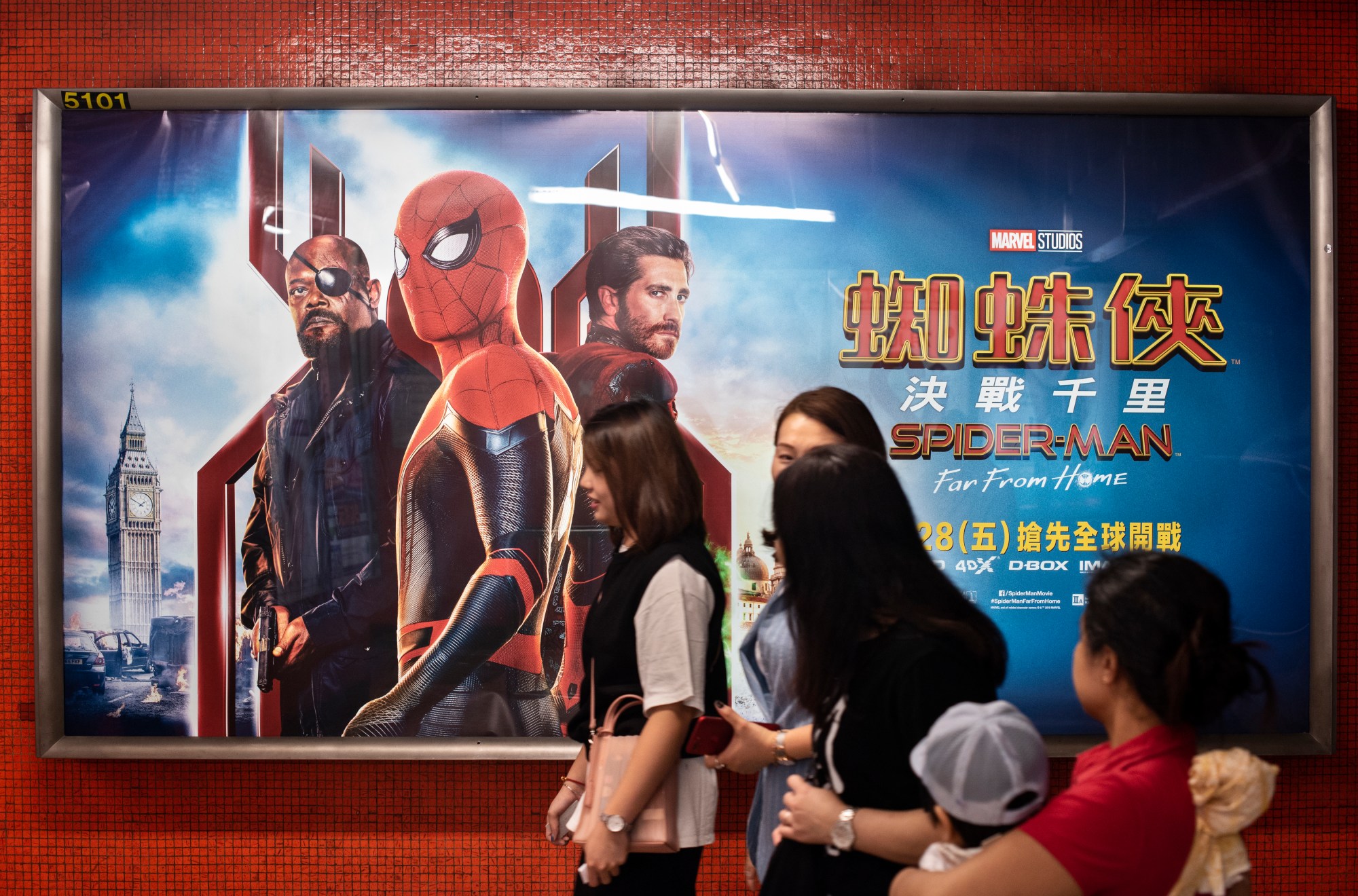
- Industry
Hollywood in China, Part II
For four months last year Fan Bingbing, the most famous actress in China, disappeared, alarming her fans and causing all kinds of conspiracy theories on social media. She reemerged from her (voluntary?) seclusion when she was charged with tax evasion for understating her earnings on at least four fake movie contracts, something that is apparently common practice in China. (One of those was for a Chinese production co-starring Bruce Willis called Air Strike.) She had to publicly apologize and pay a $70 million fine, with an additional $60 million fine for her production company. Her manager was arrested though she escaped criminal charges. The entire Chinese entertainment industry came under scrutiny as a result, and a total of $1.73 billion was collected in back taxes, according to the Xinhua News Agency.
The upshot was that fewer films were made in China as the industry was reeling under the inquiry. That was good news for Hollywood as China allowed more US films to be released in order to hit their revenue targets, including Aquaman which was released in a period usually blacked-out for foreign films. Aquaman grossed $300 million.
Also, in March 2018, the existing censor board manned by bureaucrats was replaced by the National Radio and Television Administration run by Communist Party officials with a much more stringent mandate, according to Variety. This was good news this year for Spiderman: Far from Home. It was to open against a big-budget local production called The Eight Hundred which would have eaten into its box office. But at the last minute, The Eight Hundred was pulled for “technical reasons”, a euphemism for running afoul of the censor board. Spiderman made $100 million in its opening weekend in the absence of that film and is the second biggest Hollywood movie in China this year behind Endgame.
The production and distribution company Tencent Pictures that has been in business with Hollywood for a few years released its upcoming slate of films recently. They include the Hollywood productions A Beautiful Day in the Neighborhood starring Tom Hanks, Terminator: Dark Fate with Arnold Schwarzenegger, and Top Gun: Maverick with Tom Cruise among others. The hope is that Hollywood films will rescue the temporary slump of local productions in the market, as China’s strong box office growth has been a source of pride to its administration.
But Trump’s trade war is another thing entirely and may put paid to any hopes of continuing business in China at the same level. The South China Morning Post reports that US productions are disappearing from Chinese television and the finale of Game of Thrones was never aired because of “media transmission issues,” probably synonymous with the aforementioned “technical reasons.” American actors in China found their roles drying up because of an unofficial ban on hiring Americans. Release schedules for approved movies are facing unexpected delays. Local distributors are encouraged to find non-American films to release, and Lebanon’s Capernaum and the rerelease of Japan’s Spirited Away were two of them, in addition to the very popular Bollywood musicals that do well in China. (Also, with the withdrawal of Chinese investment in Hollywood, it’s entirely possible that US films would cut budgets as a lot of them are heavily dependent on being subsidized by the yuan.) All these unannounced and seemingly unofficial moves are fallout from Trump’s tariffs on Chinese products, and Hollywood seems to be an untargeted casualty so far, though Trump has never been averse to slamming the very industry that brought him to fame.
The Washington Post reports that Disney may be immune to the freeze for now as the Shanghai government is the majority owner of Shanghai Disney.
As the world’s second-biggest movie market, China was expected to take the world box office dominion by 2022. But the confluence of events described above now makes that timeline uncertain. In 2018, total movie box office increased by 9% to $8.9 billion, down from 2017’s 13.5%. In 2016, it was just 3.8% from a high of 48% in 2015. (The box office totals for the past three years include service charges from ticket booking platforms, a questionable move as they don’t enhance a film’s bottom line.)
A clearer picture may emerge by year’s end but the unofficial slowdown is what Hollywood industry executives are living with right now. There’s even a chance it may affect the airing of the Golden Globes.

